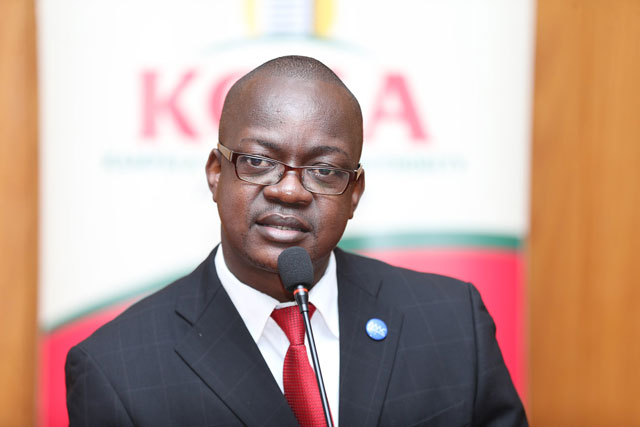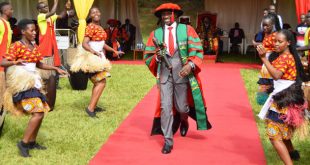
Kampala, Uganda | THE INDEPENDENT | The demand for electricity connections has drastically fallen since the government suspended the free Electricity Connection Policy, EC. However, the distributors say demand is good considering the environment the sector is operating in.
Since the distribution companies were given a go-ahead to charge the full price of connection in mid-December, Umeme says it has so far received 5,300 applications for connections, from persons willing to pay the full cost. This is about 120 applications per day, down from the 1,000 that the company used to receive before the suspension of the policy.
It is also less than the 13,500 monthly connections in the years before the free electricity connection policy was launched.
In May 2018, the government, through the Rural Electrification Agency, REA stopped remitting month to the distribution companies for the free connection policy that had run for about two years. The suspension of the funding was caused by the strained government resources, following the outbreak of the covid- 19 pandemics in the country, as more resources were needed for the fight to contain it.
In June, the companies stopped carrying out new connections after the arrears rose to more than 90 billion shillings ($25 million). According to Umeme, they were approached by prospective customers who were ready to pay for the full cost of the connections. This led to the government to suspend the policy in December 2020 to allow for the customer-paid connections.
The costs for domestic consumers range from 720,883 Shillings where no pole is required, to 2,387,472 Shillings where one pole is required, with uninsulated cables, on top of the 41,300 Shillings in inspection fees.
Before the introduction of free connections in 2018, it would cost between 90,000 and 400,000 Shillings for no-pole and one-poll connections respectively.
Even with this, the government was heavily subsidizing the sector, especially connections to help more Ugandans access electricity.
The ECP was aimed at increasing access from 20% to 26% by 2020 and 60% by 2027. This would be achieved by connecting 300,000 customers a year at full implementation.
Since the official suspension of the ECP and resumption of customer-paid connections, the daily number has grown to close about 130.
However, every month, this is a fall by about 83% compared to the time when the ECP was operational.
Peter Kaujju, Head of communications at Umeme says they have also reduced the number of days it takes to have a customer connected, from the target of up to 15 days to four working days.
“We have received about 5,300 applications to date of which 2,337 have so far been connected to the grid. We have been able to connect people within a space of four working days even when the regulatory days range between 10 and 15,” he says.
Many of the applications received are for no pole connection, which means they already have a pole within connection distance and do not require a pole.
“Kampala west, Kampala central, Entebbe, Nakulabye, Nateete, Mpigi and Kabalagala recorded the highest number of applications,” Kaujju noted.
Kaujju said Umeme has enough materials to handle all the demand and encouraged members of the public who can pay for these connections to apply.
Following the suspension, the ministry of energy said it was looking for new sponsors to revive the free connection project.
However, Umeme Managing Director, Celestino Babungi said this was expected to take some time as most of the countries which governments fund Uganda’s programs, were as hard-hit as Uganda itself.
“Government has shown a willingness to fund the project in the short term, but the way I know government operations, it should be in the next supplementary budget, but I have not seen it,” says Babungi. He said it could therefore take anything between six months and a year. However, some households have also continued to apply for free connections, hoping the program would be revived soon.
“Even with the customer-funded connections running, some homeowners are still applying for the ECP connections, with at least 1,998 having applied between November and January,” Kauju said.
Starting from November 2018 when the government launched the donor-funded ECP to 2020 June where the companies stopped the connection, Umeme had made 248, 638 connections.
The government spent $58.6 million on the above connections through the Rural Electrification Agency, which oversees ECP, while it is yet to reimburse $25 million.
********
URN
 The Independent Uganda: You get the Truth we Pay the Price
The Independent Uganda: You get the Truth we Pay the Price


